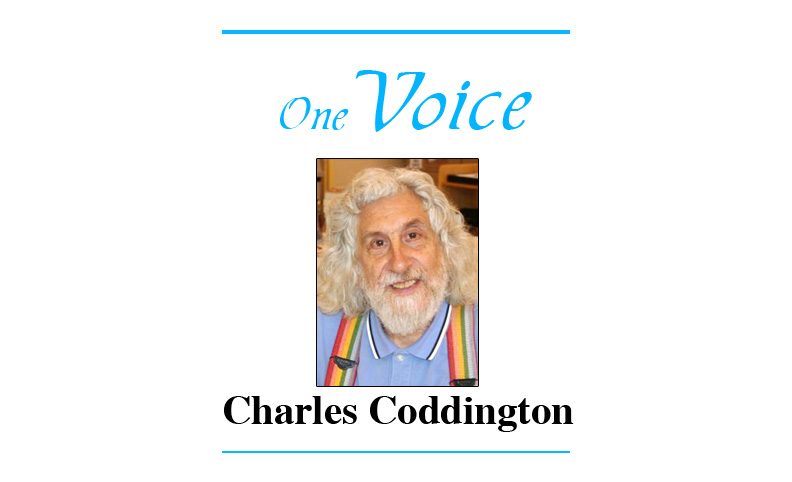
Clear and concise No. 2:
For a long time, a rule in English-language usage dictated that ending a sentence with a preposition was incorrect. For a long time, that rule was routinely violated. The Chas often has been guilty of this violation.
For example, one might be heard saying “Who are you voting for?” The correct usage is “For whom are you voting?” In another example, one might hear “the candidate you are voting against.” The correct usage is “the candidate against whom you are voting.” The late, great, English-language wordsmith, Winston Churchill, once uttered an expression similar to the second example; instead of saying “I will not put up with,” he said “up with which I will not put.” It sounds awkward, does it not, dear reader? Yet, it is the correct usage.
Many will speak/write in a manner they are comfortable with. Or, shouldn’t that be “with which they are comfortable”? It depends, one supposes, upon the circumstance of the speech/writing; casually, one will end with a preposition but, formally, one will not.
For a long time, a rule in English-language usage dictated that splitting infinitives was incorrect. For a long time, that rule was routinely violated. The Chas thoughtfully has avoided this violation.
For example, one might be heard saying “I have to truthfully speak my mind.” The proper usage is to place the infinitive-splitter either before or after the infinitive phrase. (The Chas had almost written “to either place the infinitive-splitter” but caught himself in the nick of time!
Here again, awkwardness plays a part in this particular language faux pas. Often, but not necessarily always, the splitter should follow the infinitive phrase. It depends upon the circumstance and what feels comfortable – casual vs. formal, don’t you know?
By the way, note how I ended that last sentence. I have used the expression “don’t you know?” quite frequently in my writing. Actually, it belongs in the same category as “you know” which I identified in the previous “clear and concise” essay. I should stop using it, of course, but old habits are hard to break, don’t you – um, never mind!
According to my dictionary (Webster’s Collegiate Dictionary), the word “however” can be used as both an adverb and a conjunction. Care must be taken in its proper usage, however. The previous sentence is an example of “however” as an adverb; “however” can be placed either before or after the verb. It is in the conjunctive format that the problem of usage arises. “Comma – however – comma” when stating an idea and its opposite is incorrect, because the reader will not know which part is being modified. In this case, the correct form should be “sentence – semi-colon – however – comma – sentence.” Or, one can create two separate sentences. But, there is a school of thought which opposes using “however – comma – sentence” to begin a sentence in the adverbial format. The Chas is more concerned with the rhythm of the writing in this case.
Peevishness department: The correct name of the leader of the People’s Democratic Republic of Korea, a.k.a. North Korea, seems to have eluded anyone who is not a Korean (or at least not an Asian). Whenever the incorrect form in print/speech arose remains a mystery to The Chas, but it has been carved in granite ever since and demonstrates an ignorance of how Koreans name their children. The family surname appears first, followed by the child’s personal name and then the father’s personal name; the personal names are often hyphenated. Thus, the correct name of the leader of North Korea should read “Kim Un-Jong,” not “Kim Jong-Un.” (Kim’s sister’s name appears in the correct form. Go figure.) I should imagine that most Koreans (Asians) shake their heads in wonder at this nominative faux pas.
And speaking of names, The Chas is further peeved when he hears certain geographical designations perpetuated incorrectly. “Near East,” “Mid-East,” and “Far East” originated in the Middle Ages when merchant ships traveled eastward from Europe to trade with Asian merchants. Westward traveling did not occur until the United States began trading with China and Japan in the mid-19th Century. Yet, the old Euro-centric designations have remained fixed in the Western mindset. The Chas prefers to use such terms as “Southwest Asia” and “Southeast Asia,” which are more accurate. We do live in a global society, don’t you know?
Just a thought.

